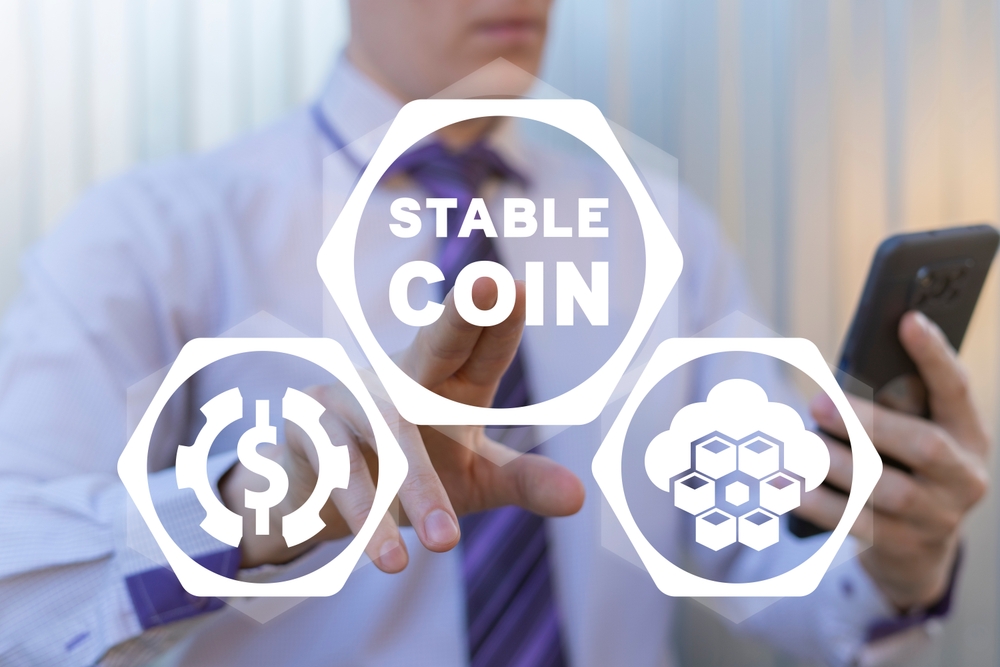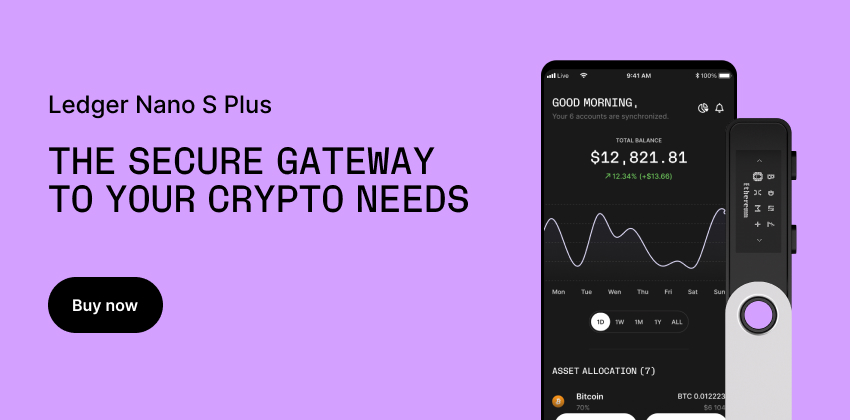Table of Contents
ToggleSmart Contracts to revolutionize agreements?
Why does the industry talk so much about the potential of smart contracts in context with the crypto space? The answer is simple.
Smart contracts have the potential to revolutionize the way that agreements are made and executed, improving efficiency, reducing costs, and increasing trust and transparency. Some of the key benefits of smart contracts include:
- Automation: Smart contracts can automate the execution and enforcement of agreements, reducing the need for intermediaries and increasing the speed and efficiency of executing contracts.
- Transparency: Because the terms of a smart contract are stored on a blockchain and cannot be altered, they are transparent and verifiable by all parties involved. This increases trust and reduces the risk of disputes.
- Security: The decentralized nature of blockchain technology means that smart contracts are secure and resistant to tampering. This makes them an attractive alternative to traditional contracts, which can be vulnerable to fraud or errors.
- Reduced costs: Smart contracts can reduce the costs associated with executing contracts by eliminating the need for intermediaries and streamlining the process of making and enforcing agreements.
That is the reason why the potential benefits of smart contracts have attracted a lot of attention and have led to widespread interest in the technology and its potential to revolutionize various industries.
What are blockchain smart contracts?
A blockchain smart contract is a self-executing contract with the terms of the agreement between buyer and seller being directly written into lines of code. The code and the agreements contained therein are stored and replicated on a blockchain network.
To create a smart contract, the terms of the agreement must first be defined and written into code using a programming language such as Solidity (which is commonly used on the Ethereum platform). The code is then compiled and deployed to the blockchain, where it is stored and replicated across the network.
Once a smart contract is deployed to the blockchain, it can be triggered by certain events or conditions. For example, a smart contract might be set up to automatically transfer ownership of a piece of property from one party to another when a certain payment is made.
When the specified event or condition is triggered, the smart contract is executed, and the terms of the agreement are automatically carried out. Because the terms of the contract are stored on the blockchain, they are transparent and cannot be altered, ensuring that the contract is enforceable and tamper-proof.
Smart contracts are typically implemented as smart contracts on a blockchain platform, such as Ethereum. They are written in a programming language, such as Solidity, and are stored and replicated on the blockchain. When a specific event or condition is triggered, the smart contract is executed and the terms of the agreement are automatically carried out.
One of the key features of smart contracts is that they are immutable, meaning that once they are deployed to the blockchain, they cannot be altered. This ensures that the terms of the contract are transparent and cannot be changed without the consensus of all parties involved.
What happens when a smart contract needs to be altered?
It is generally not possible to directly alter a smart contract once it has been deployed to the blockchain. This is because the terms of the contract are stored on the blockchain and are replicated across the network, making it impossible to change them without the consensus of all parties involved.
However, there are a few approaches that can be used to make changes to a deployed smart contract:
Upgradeability: Some smart contracts are designed to be “upgradeable,” which means that they include a mechanism for making changes to the contract code after it has been deployed. This is typically done by creating a new version of the contract with the desired changes and then using the upgrade mechanism to replace the old contract with the new one.
Side contracts: In some cases, it may be possible to create a new contract (called a “side contract”) that interacts with the original contract in order to make changes or updates. This approach can be used to make more complex changes that are not possible with upgradeability mechanisms.
Hard forks: In some cases, it may be necessary to make changes to a smart contract by creating a “hard fork” of the blockchain on which the contract is deployed. A hard fork involves creating a new version of the blockchain that is incompatible with the old version, and all parties on the network must decide which version to use. This approach is typically used to make major changes to the underlying blockchain and is not typically used to make changes to individual contracts.
Overall, while it is generally not possible to directly alter a deployed smart contract, there are a few approaches that can be used to make changes or updates to the contract. The best approach will depend on the specific needs and goals of the parties involved.
Smart contract Use Cases
There are many potential use cases for blockchain smart contracts, including:
Financial transactions: Smart contracts can be used to facilitate and automate financial transactions, such as the exchange of currencies or the execution of trades on a stock exchange.
Supply chain management: Smart contracts can be used to track the movement of goods through a supply chain, ensuring that all parties involved are meeting their obligations and that the goods are being delivered as promised.
Real estate: Smart contracts can be used to streamline the process of buying and selling property, automating tasks such as the transfer of ownership and the payment of taxes.
Legal contracts: Smart contracts can be used to automate the execution of legal contracts, such as contracts for the provision of services or the purchase of goods.
Voting systems: Smart contracts can be used to create transparent and secure voting systems, ensuring that votes are accurately counted and that the results of elections are accurately recorded.
Insurance: Smart contracts can be used to automate the process of making and settling insurance claims, reducing the time and cost involved in processing claims.
Healthcare: Smart contracts can be used to securely and transparently manage patient data and the sharing of that data with healthcare providers, ensuring that patient privacy is maintained while also facilitating the delivery of high-quality healthcare.
These are just a few examples of the potential uses for blockchain smart contracts. As the technology continues to evolve, it is likely that new and innovative use cases will emerge.
Smart contract platforms
There are several blockchain platforms that are well-known for their support of smart contracts. Some of the most advanced and widely used platforms include:
Ethereum: Ethereum is a decentralized, open-source blockchain platform that was specifically designed to support the creation of smart contracts. It has a large developer community and is widely regarded as the most mature and feature-rich platform for building decentralized applications (dApps) and deploying smart contracts.
- Cardano: The ADA blockchain is another platform that supports the development and deployment of smart contracts. ADA is the native cryptocurrency of the Cardano blockchain, which is an open-source, decentralized platform that is designed to support the development of dApps and smart contracts. Cardano is built on a proof-of-stake (PoS) consensus algorithm. It has a strong focus on security and scalability and is intended for use in a wide range of industries.
One of the key features of the Cardano platform is its use of a multi-layered architecture, which separates the settlement layer (where transactions are recorded) from the computation layer (where smart contracts are executed). This allows for the separation of concerns and makes it easier to scale the platform and add new features.
EOS: EOS is a decentralized, open-source blockchain platform that is designed to support the development of dApps and the deployment of smart contracts. It has a strong focus on scalability and is designed to support high-performance applications.
TRON: TRON is a decentralized, open-source blockchain platform that is focused on the entertainment industry. It supports the development and deployment of smart contracts and has a large developer community.
Hyperledger Fabric: Hyperledger Fabric is an open-source, modular blockchain platform that is designed to support the development of enterprise-grade applications and the deployment of smart contracts. It is intended for use in private, permissioned blockchain networks and has a strong focus on security and modularity.
These are just a few examples of the many blockchain platforms that support the development and deployment of smart contracts. It is worth noting that the best platform for your specific use case will depend on your specific requirements and goals.
Other maybe not so known smart contract platforms are:
Corda: Corda is an open-source blockchain platform that is designed specifically for use in the financial industry. It supports the development and deployment of smart contracts and has a strong focus on security and privacy.
R3 Corda: R3 Corda is a distributed ledger platform that is designed for use in the financial industry. It supports the development and deployment of smart contracts and has a strong focus on interoperability and scalability.
Quorum: Quorum is an open-source, enterprise-grade blockchain platform that is designed for use in private, permissioned blockchain networks. It is based on Ethereum and supports the development and deployment of smart contracts.
NEM: NEM is a decentralized, open-source blockchain platform that is designed to support the development of dApps and the deployment of smart contracts. It has a strong focus on security and is intended for use in a wide range of industries.
What are the possible constraints and limitations of smart contracts?
There are several constraints and limitations to be aware of when it comes to smart contracts:
Complexity: Because smart contracts are written in code, they can be complex to create and maintain. This can be especially challenging for those who are not familiar with programming languages or blockchain technology.
Immutability: Once a smart contract is deployed to the blockchain, it cannot be altered. This can be a constraint if the terms of the contract need to be changed or if a mistake is discovered in the contract code.
Limited capabilities: Smart contracts are limited by the capabilities of the programming language and blockchain platform they are built on. This means that they may not be able to support certain types of agreements or may be limited in the actions they can perform.
Dependence on external data: Some smart contracts rely on external data to function, such as data from sensors or APIs. If this external data is not reliable or is manipulated, it can affect the execution of the smart contract.
Legal recognition: In some jurisdictions, smart contracts may not be recognized as legally binding agreements. This can be a constraint if the parties involved in the contract want to have legal recourse in the event of a dispute.
While smart contracts have the potential to revolutionize the way that agreements are made and executed, it is important to be aware of their constraints and limitations. It is always a good idea to carefully consider whether a smart contract is the best solution for a given situation.












